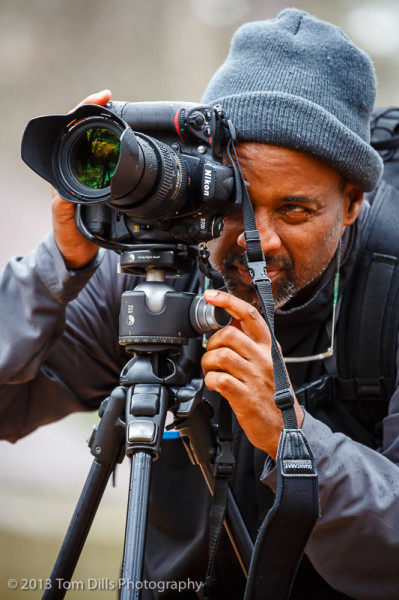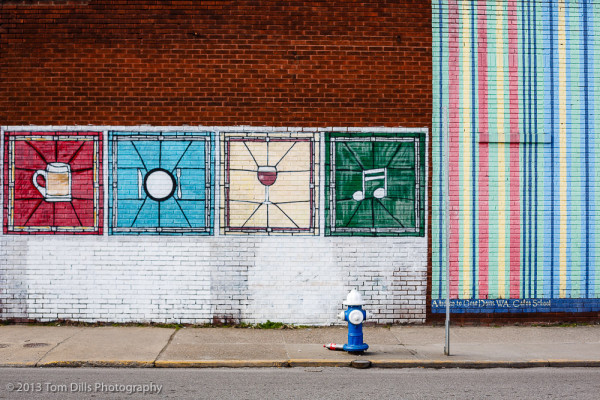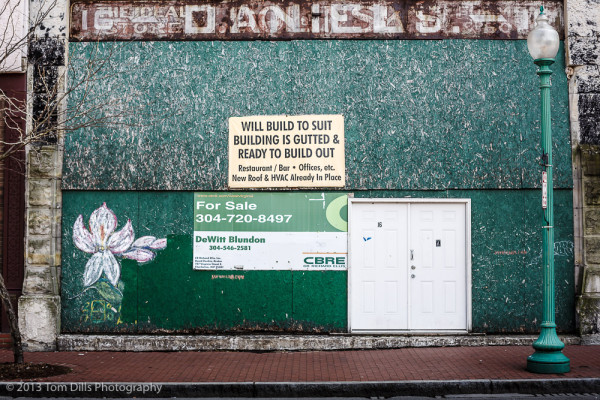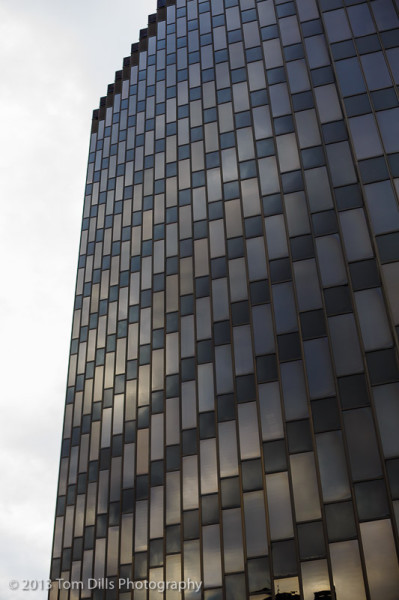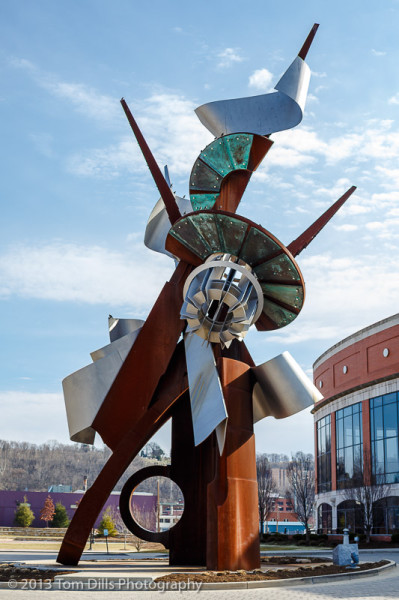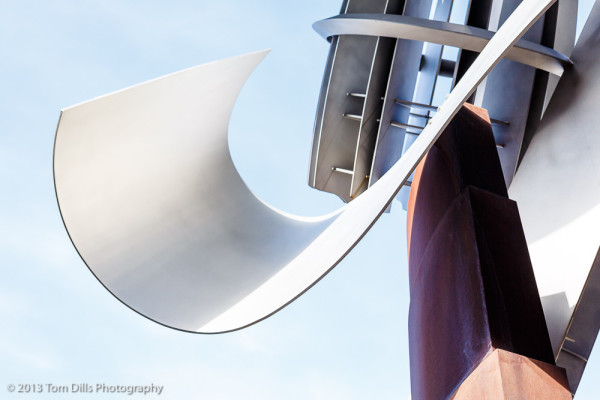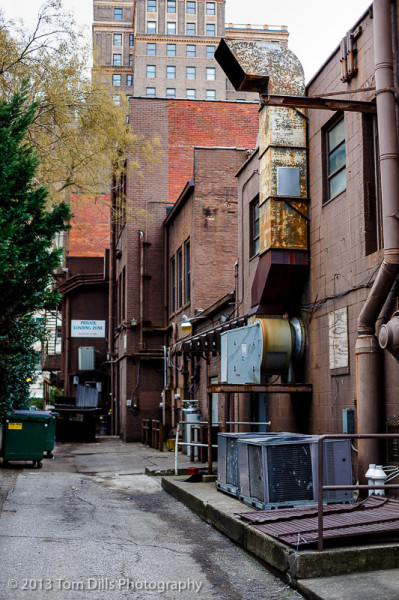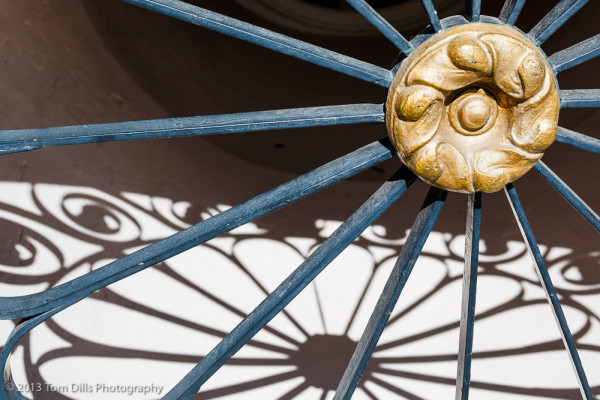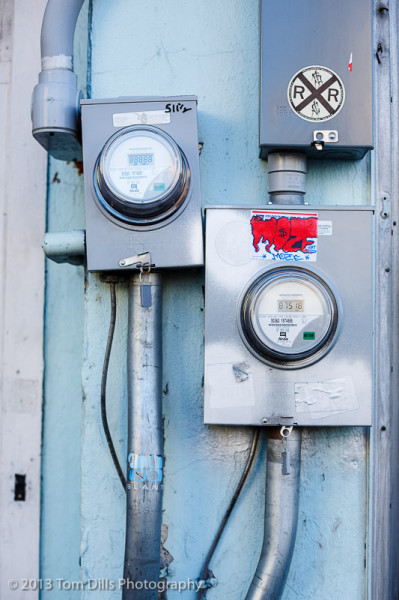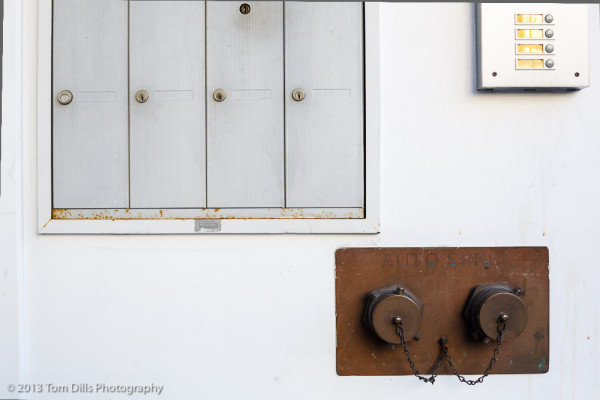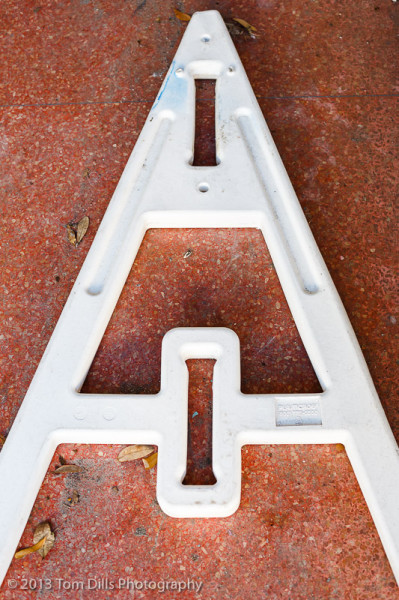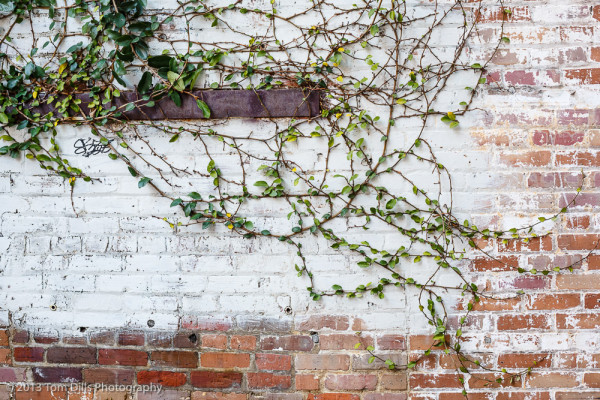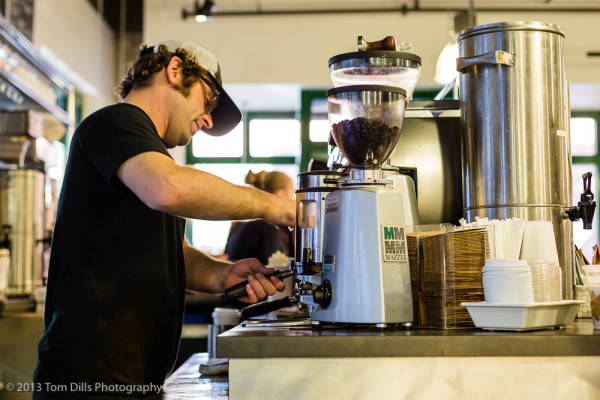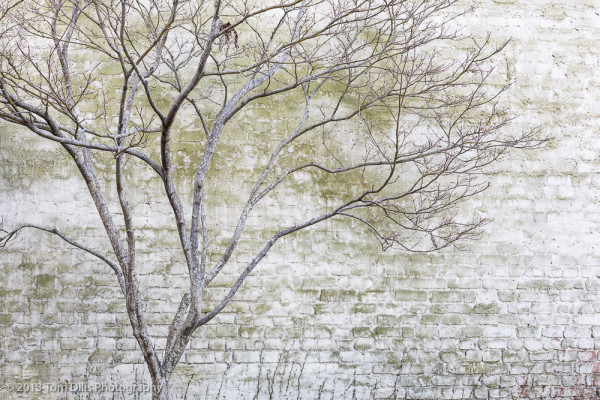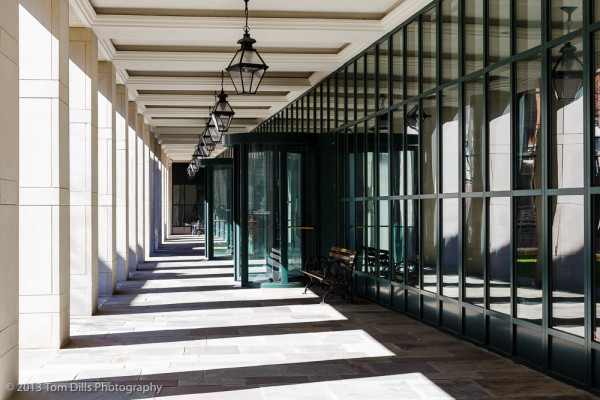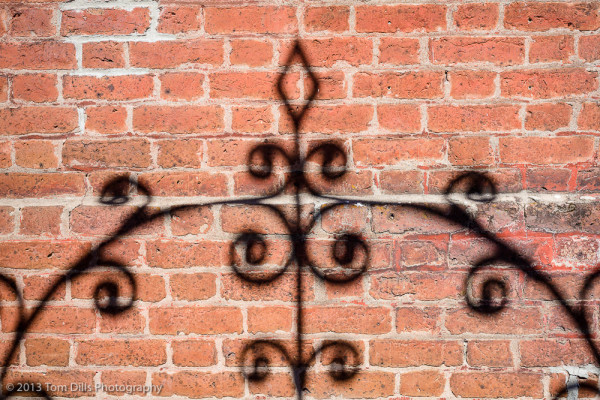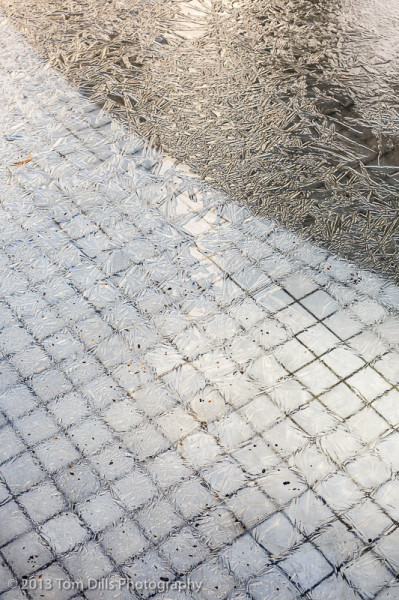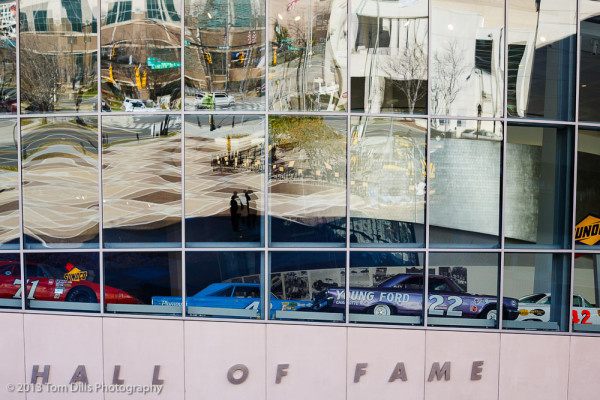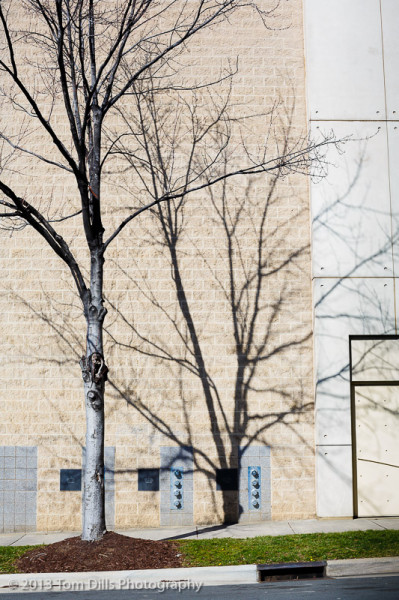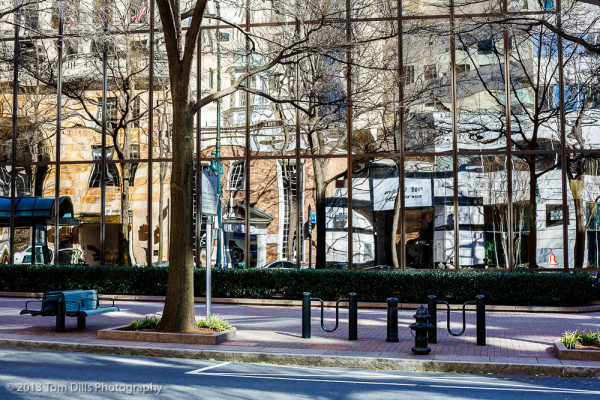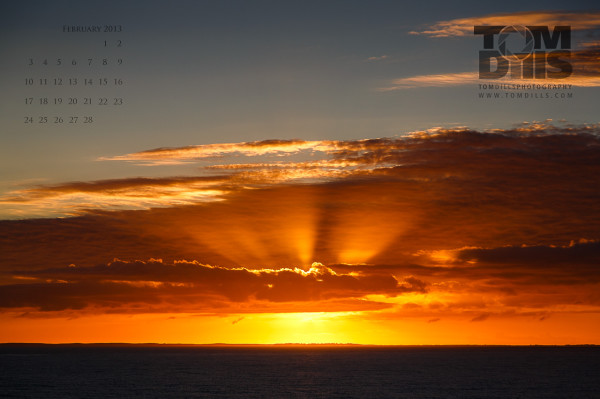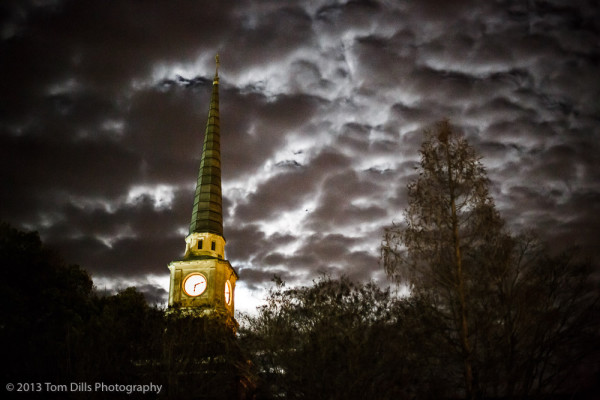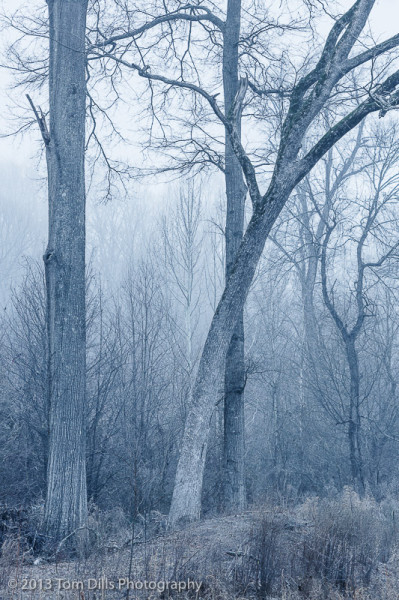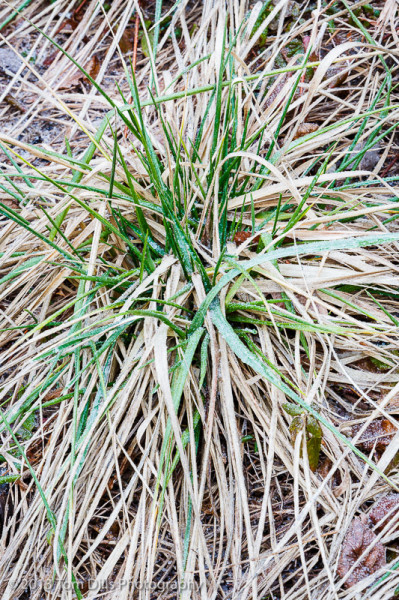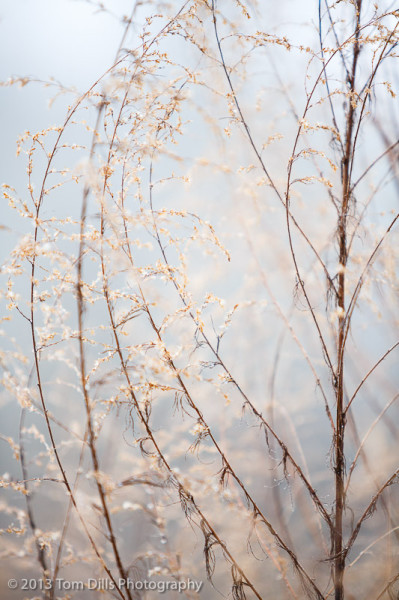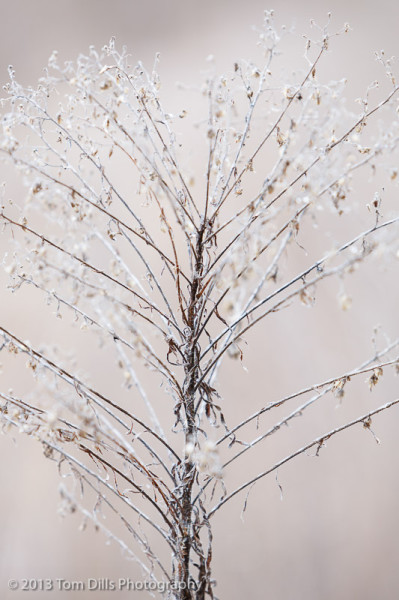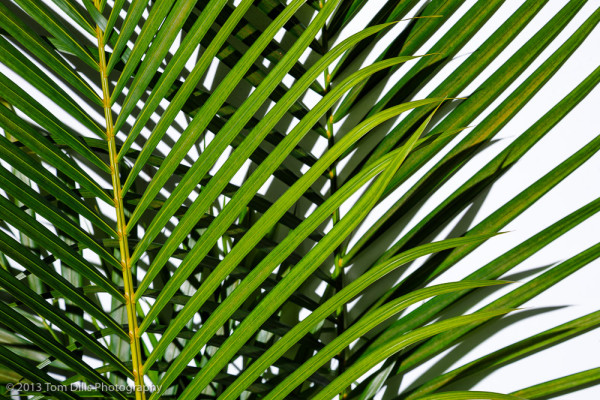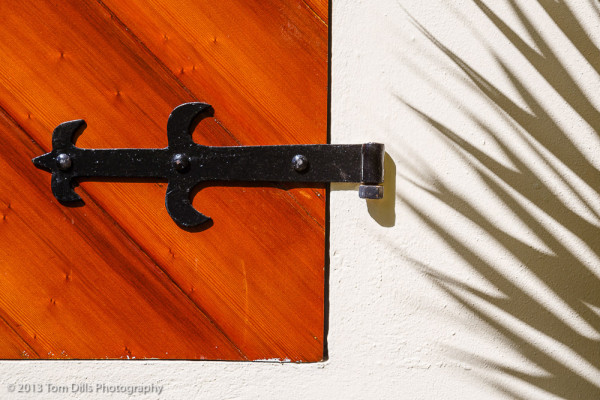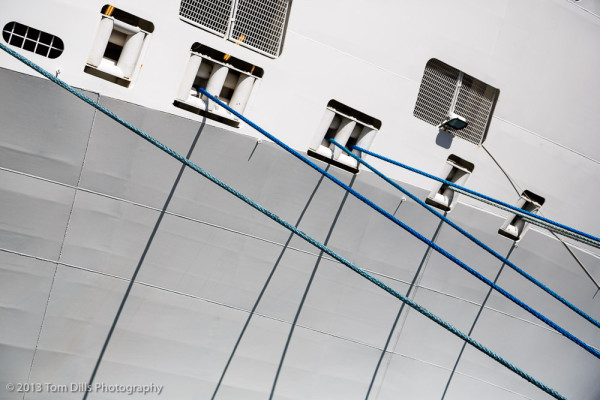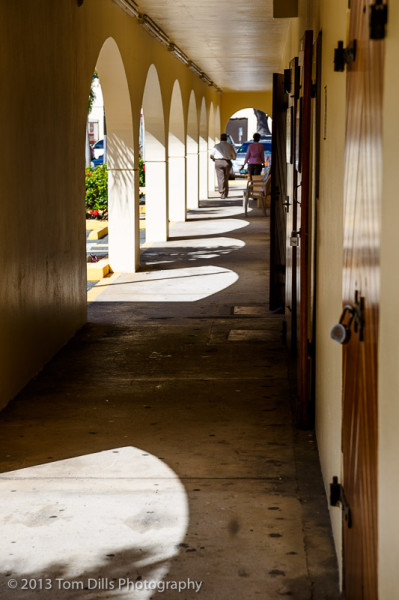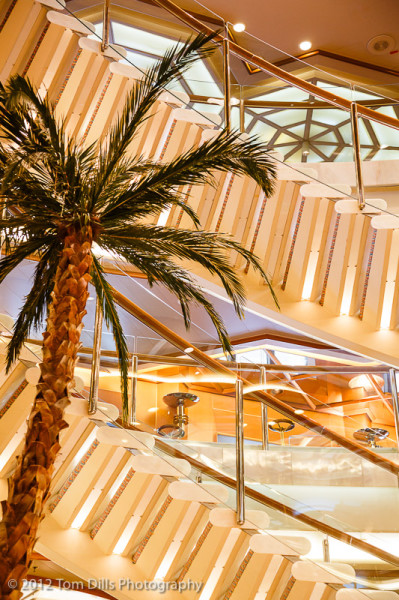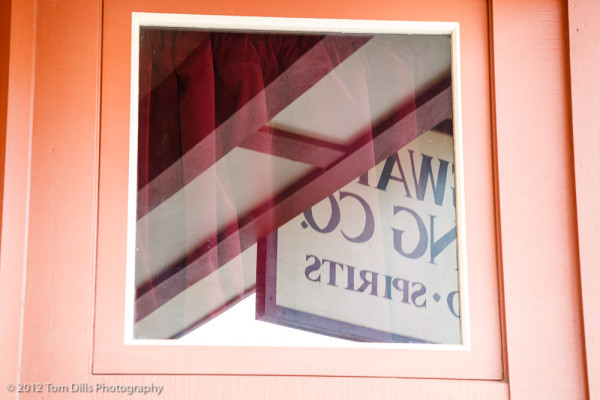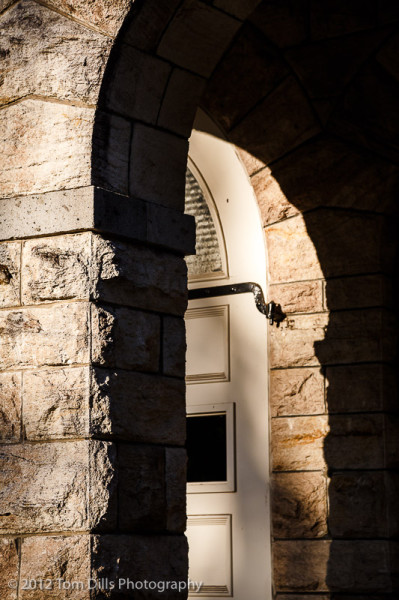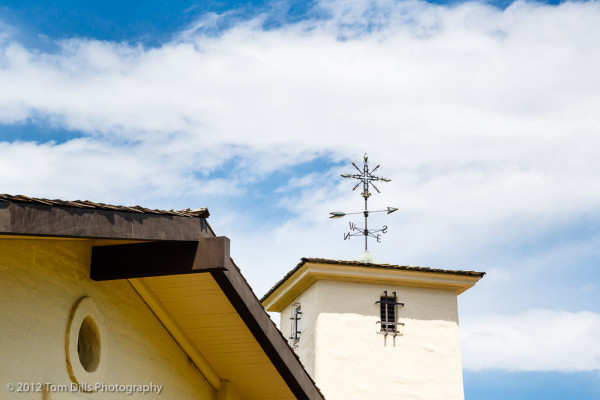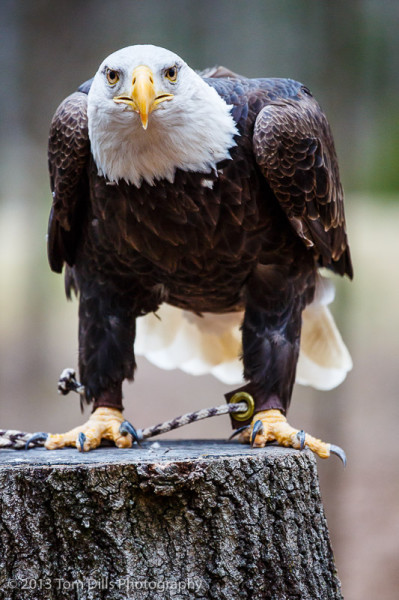
This past Saturday, I met up with Paul and Earl at the Carolina Raptor Center for a session of their twice-yearly PhotoWild! Event, where, usually in four sessions over a weekend, the Raptor Center staff show some of their birds in several photography-oriented sessions, limited to a relatively small number of photographers. This was the first time I had attended such an event. And despite the fact that the Raptor Center is only about two miles from my house, it was only the second time I had ever been there. I travel to Latta Planation Park, where the Raptor Center is located, on a regular basis, but don’t generally think of stopping there.
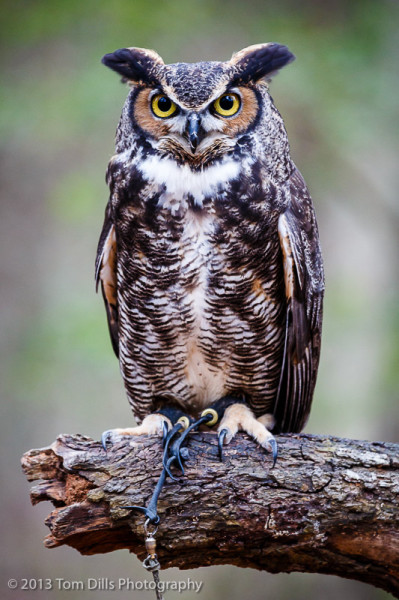
PhotoWild! is one of the Raptor Center’s major fundraising events for the year, and they do good work there, so I didn’t mind paying to attend.
I generally shy away from outings to places like zoos and gardens, as I don’t find such places conducive to the more contemplative type of photography I prefer. There are certainly many things to photograph at the Raptor Center, and this outing certainly provided plenty of material. I see shooting at a place like the Raptor Center more of an “objective” type of photography, where I’m presented with a subject not of my choosing and I generally shoot what I see, taking a bunch of pictures and hoping to end up with something I like at the end.
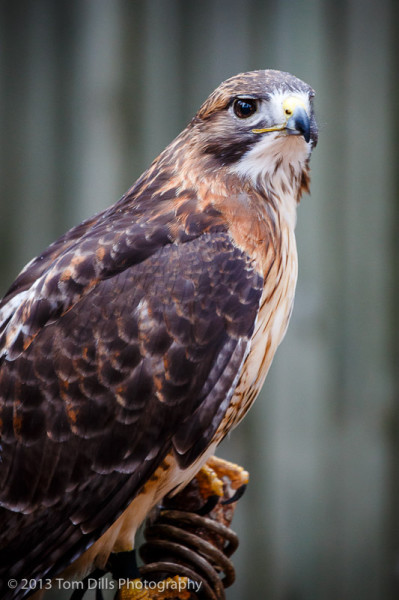
In an environment where a subject is a wild animal, can be easily spooked and is being shared by as many as 20-30 other photographers, there aren’t a lot of choices in how to photograph. As a result it can be a little tough to be creative, and can prove difficult to get a shot that reflects something other than a simple documentary photograph. Sometimes I just sat and watched, admiring a creature that only a few people can see at such a close range. They are truly beautiful creatures and worthy of our respect.
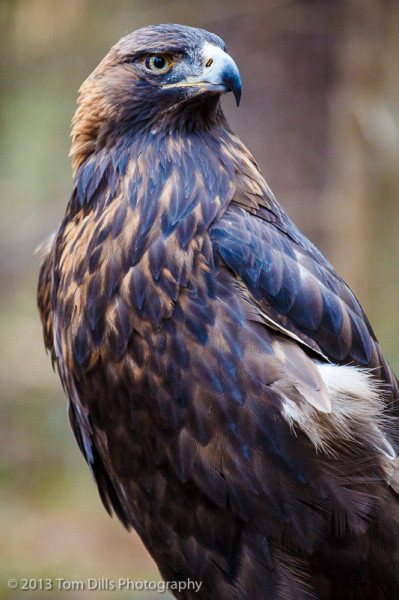
All that said, however, it was a lot of fun. I was astonished to realize that, over the course of about 4 hours, I created over 1200 files. I’d like to say that I took over 1200 photographs, but that would be overly generous. Between the blurry shots with moving wings or heads, or the many out-of-focus motion shots, I ended up with far fewer “photographs.” My initial pass through the frames – while admittedly very cursory and perhaps overly critical, resulted in only 38 “keepers.” I’ll probably end up with more once I go back through them, but that’s a pretty low success rate. I’m glad it wasn’t film!
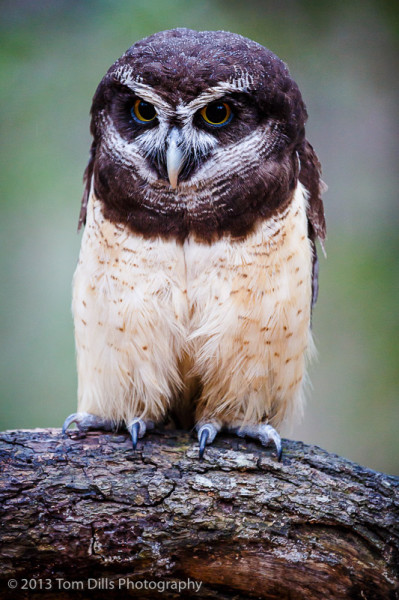
Even though it wasn’t necessarily a “successful” outing photographically, there is always a lot to learn every time I pick up a camera. I found that I have a lot to learn about photographing birds in flight, and just having a camera with a purportedly excellent focusing ability doesn’t guarantee good shots! Exposing dark or light birds against a dark or light background is an opportunity to practice good exposure. And after identifying the birds in 1200+ frames, I know a lot more than I did before about owls, hawks and falcons!
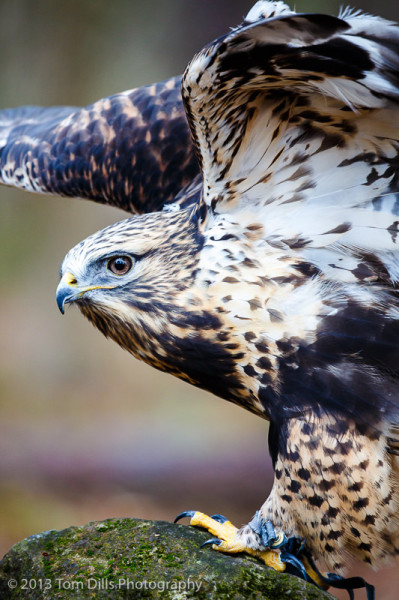
All in all, I’d have to say that I enjoyed it and would do it again. I’ll have to think about my “opportunities” from this first session and try to figure out how to do it differently, and perhaps better, the next time.
